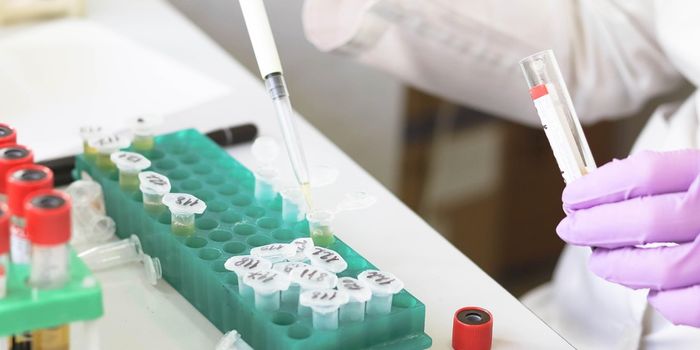A Mental Disorder Might Be Caused by Brain Injury
Recognizing the faces of those we know and believing them to be who we think they are is how the brain is supposed to work. We see a friend or family member and the memory banks kick in and we know who it is. However, in some cases, it goes awry. When a disorder occurs that interferes with this recognition and acceptance, it can be frightening for patients and families. Delusional misidentification syndromes (DMS) is a group of disorders that result in some sufferers believing that family members are actually imposters or that strangers are actually family members. Until recently, it wasn’t known exactly what caused these syndromes to occur but new work from neuroscientists at Beth Israel Deaconess Medical Center (BIDMC) has shown that brain lesions, which injure brain tissue, are present in these disorders and are likely connected. It’s the first time this kind of brain injury was connected to patients with DMS.
Michael D. Fox, MD, PhD, Director of the Laboratory for Brain Network Imaging and Modulation and the Associate Director of the Berenson-Allen Center for Noninvasive Brain Stimulation at BIDMC explained the findings in a press release, stating, “How the brain generates complex symptoms like this has long been a mystery. We showed how complex symptoms can emerge based on brain connectivity. With a lesion in exactly the right place, you can disrupt the brain's familiarity detector and reality monitor simultaneously, resulting in bizarre delusions. Understanding where these symptoms come from is an important step toward treating them.”
One of the most common delusional misidentification syndromes is Capgras syndrome. It’s very rare and very complex. Patients with this disorder recognize a family member or friend, in that they know who it is, but they then have simultaneous feelings that the person is a stranger, an imposter, who is only pretending to be the person they know. In an opposite syndrome called the Fregoli delusion, patients see a stranger and believe it is a friend or family member that is “in disguise.” These kinds of delusions are not just applied to people, in some cases a patient is convinced that a pet could be someone else or that an unfamiliar place is their home.
The study at Beth Israel involved 17 patients who had been diagnosed with a delusional misidentification syndrome and who also had detectable brain lesions from a stroke. Data from these 17 subjects was mapped onto a standard brain atlas. Using previous research on brain lesion mapping that Fox had led, they connected each patient's brain lesion to an area of the brain called the retrosplenial cortex, which is thought to be a part of the brain that allows people tor recognize others as familiar. 16 of the 17 lesions were also connected to the right ventral cortex. Data from 15 patients who were part of a control group that had specific brain injuries that led to delusions other than misidentifications, was used as a comparison.
Study lead author R. Ryan Darby, MD, the Sidney R. Baer, Jr. Foundational Fellow in the Clinical Neurosciences at the Berenson-Allen Center at BIDMC explained, “Lesions causing all types of delusions were connected to belief violation regions, suggesting that these regions are involved in monitoring for delusional beliefs in general. However, only lesions causing delusional misidentifications were connected to familiarity regions, explaining the specific bizarre content – abnormal feelings of familiarity – in these delusions. In other words, lesions had to be connected to both regions to develop delusions like Capgras.”
While many brain studies like this involve functional MRI scans, the work by Fox and Darby was done with data mapping of patients with different kinds of delusions. It’s a methodology that has some advantages but it cannot prove causality between the brain lesions and the delusional dysfunction. Larger studies with more test subjects would be needed to further advance the theory.
Darby hopes the research is a first step in helping patients with DMS, He said, “The impact on the patient’s family can be heart-breaking. I’ve seen patients who, thinking their homes were replicas, would pack their bags every night, hoping to return to their ‘real’ home. Patients who believe a spouse is an imposter often lose intimacy. In these cases, even just knowing that the delusion has a name and is part of a neurological disorder can be helpful for family members.”
Sources: Beth Israel Deaconess Medical Center, Harvard Gazette, Brain









